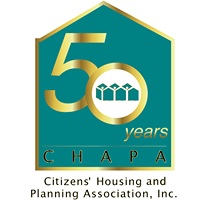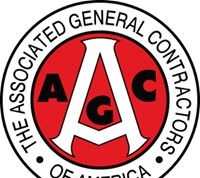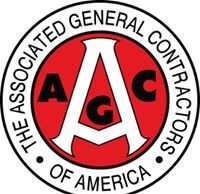WASHINGTON, D.C. – (RealEstateRama) — The conference committee of leaders from the House and Senate released their FY2018 budget(link is external). For a table showing CHAPA’s budget priorities in the conference budget, please click here(link is external).

The conference committee agreed to a $40.2 billion budget, which contains about $700 million in fixes, including $400 million in direct cuts to earlier budget proposals, to address revenue shortfalls. The compromise budget proposal is expected to pass both chambers today.
The conference budget provides the following support for CHAPA’s budget priorities:
- Massachusetts Rental Voucher Program (MRVP): $92.7 million, an increase of $6.2 million over FY2017. The budget also makes several program changes including increasing eligibility for MRVP from 50% of the Area Median Income (AMI) to 80% of AMI. The budget also allows DHCD to direct 75% of new vouchers to extremely low-income households who earn only 30% of AMI. Finally, the budget allows DHCD to create a voucher management system to help with the administration of the program.
- Alternative Housing Voucher Program (AHVP): $5.5 million, an increase of $400,000 over FY2017.
- Public Housing Operating Subsidy: $64.5 million, level funding the program.
- Public Housing Reform: $950,000, a $150,000 increase over the previous year. The budget also allows DHCD to create an online centralized wait-list for public housing.
- Residential Assistance for Families in Transition (RAFT): $15 million, a $2 million increase over FY2017. The budget also allows $2 million to be spent on households with elderly, persons with disabilities, or unaccompanied homeless youths.
- HomeBASE: $30.1 million, a decrease of over $1.8 million from the previous year. The budget continues a program within HomeBASE that allows families in domestic violence or substance abuse shelters or those participating in sober living programs to access HomeBASE if a family is otherwise eligible. The budget also reduces the 24-month bar on families who have been terminated from the program to 12-months.
- Foreclosure Prevention Counseling: $2.35 million, level funding the program. The budget directs the Division of Banks to expend $800,000 from this program to support Housing Consumer Education Centers (HCECs) (7004-3036).
- Housing Consumer Education Centers (HCECs): $2.2 million for HCECs, with $180,000 from the line-item dedicated to earmarks. HCECs will also receive $800,000 from the Foreclosure/Housing Counseling line-item (7006-0011).
- Housing Court Expansion: The budget authorizes the statewide expansion of Housing Court and provides $1 million for the expansion.
- Tenancy Preservation Program (TPP): $625,000, an increase of $125,000 over FY2017.
- Home & Healthy for Good (HHG): $2.04 million for HHG, an increase of $40,000 over the last year.
- Mass. Access Affordable Housing Registry (MassAccess): Level-funding of $80,000 for MassAccess(link is external).
- Unaccompanied Homeless Youth Housing & Services: $675,000, a decrease of $1.3 million from FY2017.
- New Lease: The budget creates a new line-item for New Lease and provides the program with $125,000.
The conference budget did not include an increase to the deeds recording fee to strengthen the Community Preservation Trust Fund to provide an increased state-match to communities that have enacted the Community Preservation Act, as contained in the Senate budget. However, the budget did authorize a $10 million transfer to the trust fund from any budget surplus at the end of FY2018.
Also, the budget did not include the Senate’s outside section that directed state agencies to coordinate efforts to better serve extremely low income households.
For a full analysis of the changes the conference budget makes to CHAPA priorities, please click here.
CHAPA thanks Speaker Robert DeLeo, Senate President Stan Rosenberg, and the members of the conference committee, Rep. Brian Dempsey, Sen. Karen Spilka, Rep. Stephen Kulik, Sen. Sal DiDomenico, Rep. Todd Smola, and Sen. Vinny deMacedo, for their work on the FY2018 budget.
After passing both chambers, the budget will be sent to the Governor for his signature or vetoes.

















